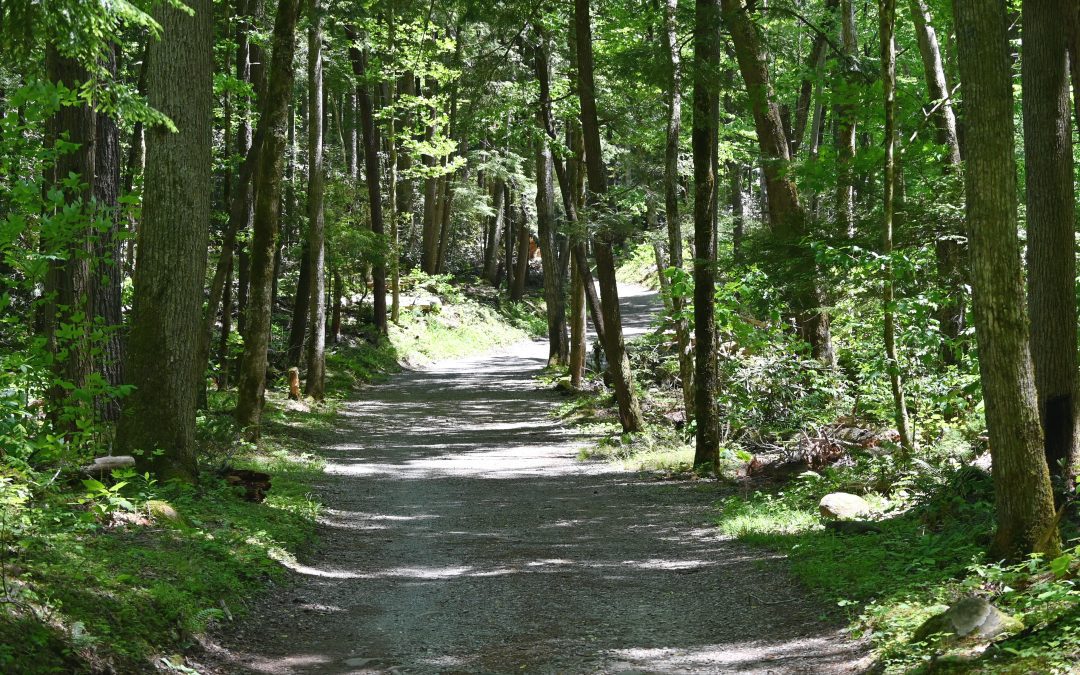Grading a gravel driveway can be challenging due to various factors, and addressing these challenges is crucial for maintaining a functional and aesthetically pleasing driveway. Some of the significant challenges include:
- Erosion: Gravel driveways are susceptible to erosion, especially in areas with heavy rainfall or water runoff. Ensuring proper drainage and installing erosion control measures, such as ditches or gravel retention systems, can help mitigate this issue.
- Potholes and Ruts: Over time, gravel driveways will develop potholes and ruts due to the movement of vehicles and natural wear. Regular maintenance, such as filling the potholes and leveling the surface, is necessary to prevent these issues from worsening.
- Uneven Surface: Gravel tends to shift and settle, creating an uneven surface. This can lead to water pooling in certain areas and make the driveway uncomfortable to drive on. Regular grading and leveling are required to maintain a smooth and even surface.
- Weed Growth: Weeds and vegetation can grow through the gravel, compromising the integrity of the driveway. Without regular grading or leveling, which can help control and/or remove weed growth, using geotextile fabric beneath the gravel can help reduce weed growth. These can on occasion interfere with the grade process however. Regular weeding or the application of herbicides may be necessary.
- Material Migration: Gravel driveways may experience gravel migration, where the material shifts away from high-traffic areas, leaving bare spots. Installing edging or containment borders can help contain the gravel and prevent it from spreading. Angle blades on some graders can also help bring material back in from the edges.
- Dust and Mud: Dry conditions can lead to dust issues, while rainy weather may result in muddy conditions. Applying dust suppressants or stabilizers can help control dust, and ensuring proper drainage can prevent excessive mud.
- Compaction: In areas with heavy traffic, the gravel may become compacted over time, reducing its effectiveness and creating a hard surface. Periodic grading, adding fresh gravel, and using equipment like a compacting roller can help address uneven compaction.
- Freeze-Thaw Cycles: In regions with cold climates, freeze-thaw cycles can be a challenge. Water may seep into the gravel, freeze, and then thaw, causing the material to shift. Proper drainage and using suitable gravel sizes can help minimize the impact of freeze-thaw cycles.
- Equipment and Expertise: Grading a gravel driveway requires appropriate equipment such as a grader, tractor, or skid steer, along with the expertise to operate these machines effectively. Lack of access to the right equipment or the knowledge to use it properly can hinder the grading process.
- Budget Constraints: Regular maintenance and addressing challenges may require financial resources. Budget constraints can limit the ability to implement long-term solutions, but prioritizing cost-effective measures can still help improve the driveway’s condition.
Addressing these challenges through proactive maintenance and appropriate measures can significantly contribute to the longevity and functionality of a gravel driveway. Regular inspection and timely intervention can help prevent minor issues from turning into more significant problems.
KAGE Innovation offers two key attachments for the maintenance and repair of gravel driveways.
The GreatER Bar land plane with rippers is designed for use with skid steers, compact track loaders, and can even be used on some compact wheel loaders. The ripper teeth quickly and easily loosen the gravel while three cutting blades level the ground, filling in potholes, wheel depressions, washboarding and washout areas. The teeth dig in roughly 4 inches deep (depth is adjustable), allowing you to aggressively attack gravel driveways in disrepair if needed without causing more damage.
In the realm of dust suppression, KAGE’s LiquidRage product is a versatile dust suppression sprayer that can cover up to 30-ft swaths in a single pass. The tank holds up to 150 gallons of water or dust suppression brines/chemicals and can be easily attached to skid steers, tractors and large UTVs.
With these two attachments, maintaining and repairing gravel driveways just got a whole lot easier!




Recent Comments